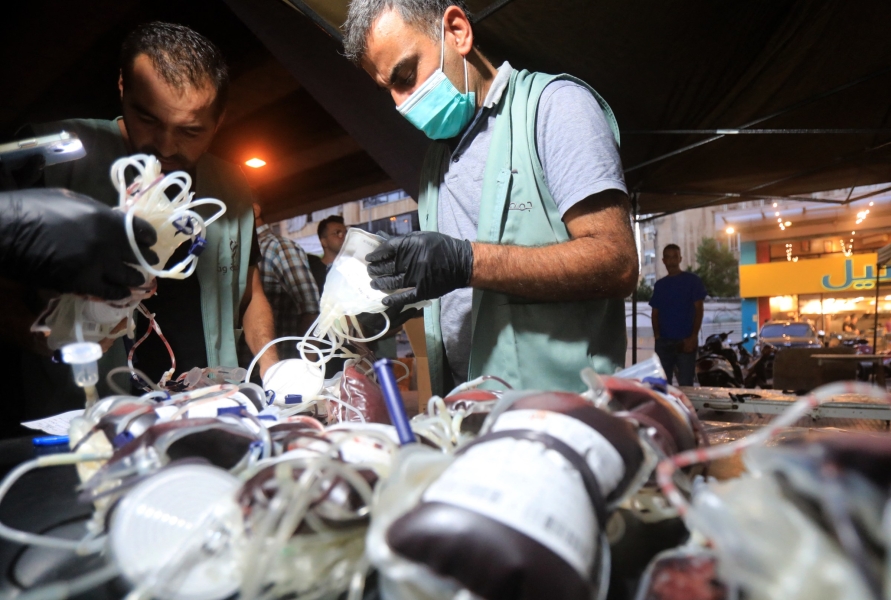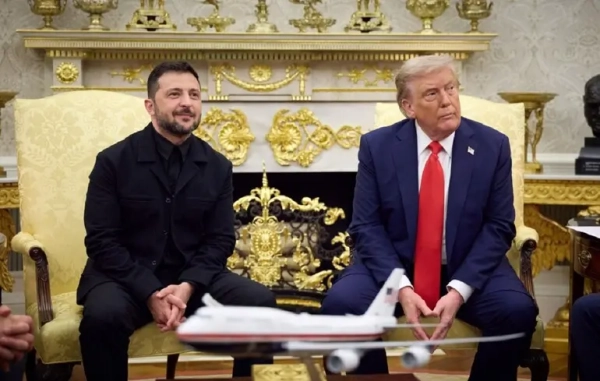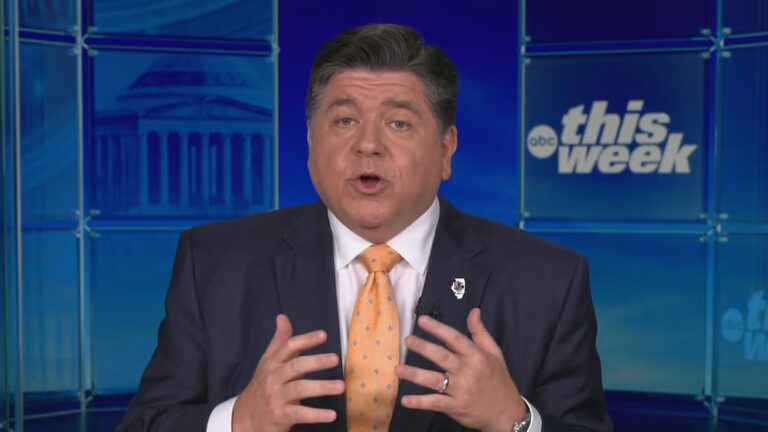
Additional explosions, reportedly involving thousands of walkie-talkies, went off in Lebanon Wednesday, a day after hundreds of pagers exploded simultaneously in Lebanon and Syria in an attack that apparently targeted members of Hezbollah, the Iranian-backed Islamist militant organization and Lebanese political party.
Israel was reportedly behind both attacks, though it has not taken public credit. Hezbollah has vowed to retaliate. The Lebanese government has characterized the pager attack as “criminal Israeli aggression.” It comes amid rising tensions between Hezbollah and Israel as the war in Gaza rages on without any end in sight.
CNN reported that at least 20 people were killed and 450 were injured in the latest round of attacks involving walkie-talkies. At least 12 people were killed in the pager attack, including members of Hezbollah and two children, according to CNN. More than 2,800 were injured, including the Iranian ambassador to Lebanon, with over 300 people in critical condition, according to the Lebanese health ministry. Most of the injuries were to the eyes, face, and hands; hospitals in Beirut have been overwhelmed with patients and are asking the public to donate blood.
Hezbollah officials have blamed Israel for the pager attack. US officials have reportedly confirmed that Israel tampered with the pagers, adding a detonating switch that could be triggered remotely and a small amount of explosive material. The pagers rang just before the attack, so many victims were holding and looking at the pagers when they exploded.
The Israel Defense Forces (IDF) declined to comment on the pager attack.
Israeli officials did, however, say earlier this week the country could soon escalate its ongoing operations against Hezbollah. Hezbollah is allied with Hamas — the militant group behind the October 7 attack on Israel that sparked the latest war in Gaza — and has grown impatient with stalled ceasefire negotiations over the Palestinian territory, ramping up hostilities and preparing for the possibility of broader war.
The pagers bore the Taiwanese brand Gold Apollo, but the electronics manufacturer has denied producing them, saying that another company based in Hungary was licensed to use the brand. That company, BAC Consulting, has also reportedly denied producing pagers.
The walkie-talkies were a discontinued model produced by the Japanese firm ICOM, which says most of those in circulation are counterfeits. It’s unclear exactly how Israel managed to gain access to the pagers and walkie-talkies and plant the explosives.
It’s not the first time that Israel has weaponized personal communications devices against its adversaries. It used an exploding phone to kill a Hamas bomb maker in 1996.
Israel is also known for its sophisticated electronic surveillance capabilities as well as its ability to hack cellphones and computers. Before Tuesday’s attack, Hezbollah commander Fuad Shukr was killed in a July Israeli missile strike after he received a mysterious phone call instructing him to go to the seventh floor of his building in Beirut. After that attack, Hezbollah reportedly stopped using cellphones in favor of pagers and couriers who deliver messages in person; the group has used a private, fixed-line telecommunications network since the early 2000s.
The pager and walkie-talkie attacks — which were far more extensive and destructive than past attacks harnessing phones — demonstrate that Israeli forces have achieved a new level of sophistication in their ability to carry out strikes on enemy soil.
Israel and Hezbollah are locked in a regional conflict
The recent attacks could lead to further escalation after months of increasing hostilities between Hezbollah and Israel.
Hezbollah, which is designated as a terrorist organization by many countries and has previously fought wars against Israel, launched its latest campaign after Hamas’s October 7 attack on Israel, saying it was in “solidarity with the victorious Palestinian resistance.” The hostilities have primarily taken the form of airstrikes. It has signaled that it would cease hostilities if a ceasefire in Gaza is reached. More than 41,000 Palestinians have been killed in Gaza.
Almost a year into the war, ceasefire negotiations have made little progress, especially after the recent execution of six hostages in Gaza. It’s an open question whether a deal may even be achievable before US President Joe Biden leaves office. Israeli Prime Minister Benjamin Netanyahu has said that a deal is not close and has resisted international calls for Israeli forces to promise a full withdrawal from Gaza.
As negotiations have stagnated, the conflict between Hezbollah and Israel has deepened, displacing more than 100,000 people who face daily tit-for-tat attacks on both sides of the Lebanese border with Israel. Though it has not yet grown into full-scale regional war, increasingly aggressive tactics on both sides have raised worries that such a conflict may be inevitable.
Intense escalation with Hezbollah, which is considered the most widely armed and powerful militia group in the region, could be catastrophic, as Israel’s previous wars with Hezbollah in 1996 and 2006 would indicate. Both of those conflicts involved heavy civilian casualties in Lebanon, leaving more than 1,200 dead, and led to the killing of about 200 Israelis, mostly soldiers. But Hezbollah now has an extensive rocket and missile arsenal that make it a more formidable foe than it was before. A wider war could also draw each side’s allies further into the conflict — the US on the Israeli side and Iran on Hezbollah’s.
Such a war would also represent a diplomatic failure for the US, which has supported Israel since the beginning of the war in Gaza and played a leading role in the ceasefire negotiations, all with the objective of maintaining stability in the Middle East. Throughout the war in Gaza, US officials like Secretary of State Antony Blinken have repeatedly emphasized the US has been “very clear about the importance of all parties avoiding any steps that could further escalate the conflict that we’re trying to resolve in Gaza,” as he said Tuesday, adding that the US did not know about the operation and was not involved.
The attacks may make it harder for Israel and Hezbollah to continue to contain their hostilities, and put them one step closer to a full-out war. Both have indicated they are prepared for that possibility.
Update, September 19, 10:20 am: This story, originally published September 17, has been updated with information on a second wave of walkie-talkie explosions in Lebanon.
Source: vox.com






